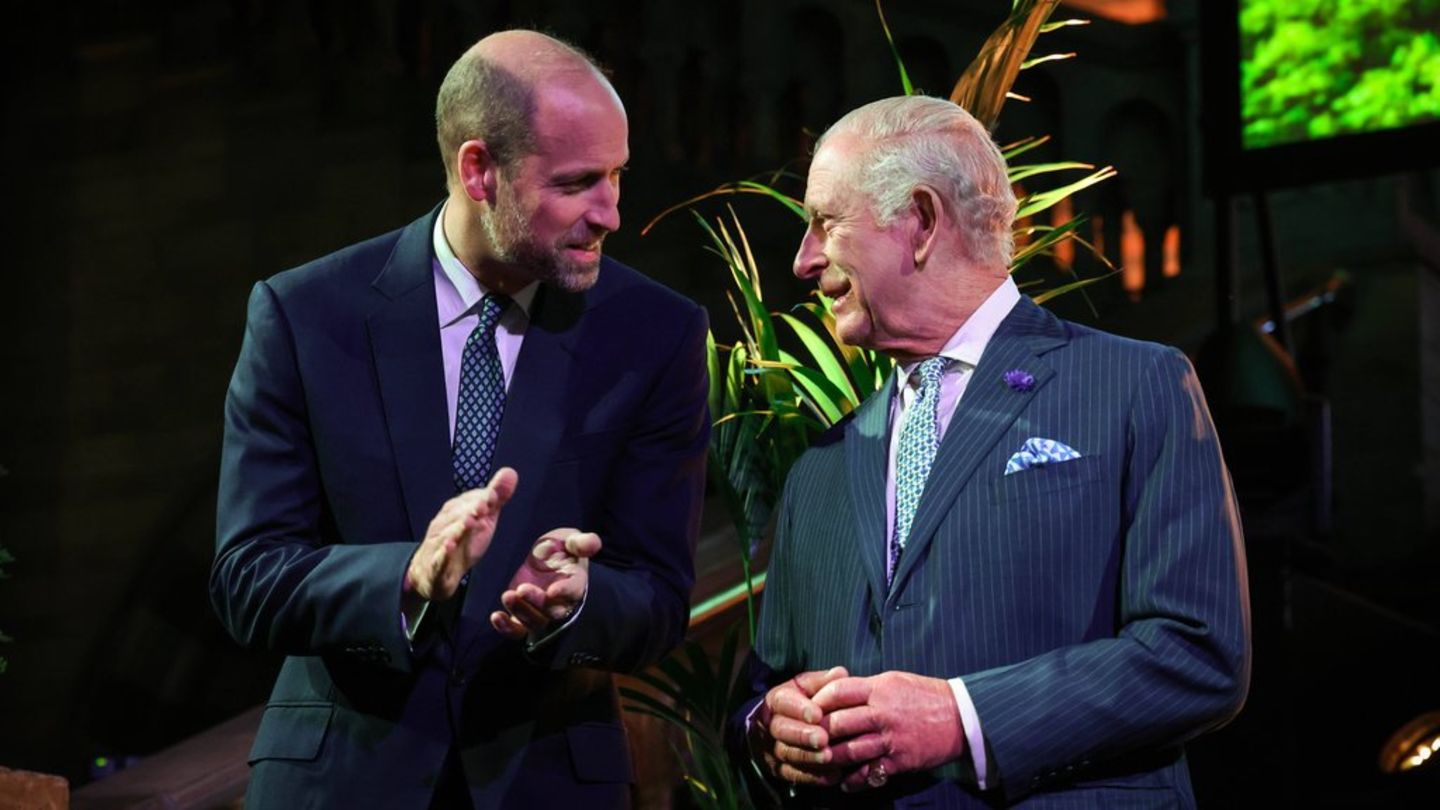He visual contact It is a vital part of nonverbal communication, since sometimes our body speaks higher than our words. Through our gaze we can express emotions, intentions or attitudes towards others that we do not always say out loud.
However, although it seems normal, easy and even unconscious, There are people who make it difficult to look into their eyes. This often generates misunderstandings or unnecessary reactions because they do not understand the reasons why it passes. The reasons can be varied, and all equally valid.
Gestures when speaking psycho.webp
What does it mean that someone does not look you in the eye when he speaks, according to psychology
Many people interpret that when someone does not look at them while they have a conversation, their interlocutor You are not paying attention either They lack interest on the subject. In many cases, this can be a wrong reading of the situation.
in autistic peoplevisual contact can be overwhelming. Involves processing multiple signals (emotions, gestures, words) at the same time, which can generate Sensory overload. For many, look into the eyes interfere with concentration or even It causes anxiety. Not looking is not disconnection, but a way of connecting in your own way.
In these cases, Looking helps them to focus In what really matters: what is being said, not how it tells it. It is not a sign of disinterest, but of a different need for processing.
From a more general perspective, To avoid look can also be a sign of social anxietyas explained by psychologist Esther Blanco García to Clarín newspaper. The fear of being evaluated or court can make someone avoid visual contact as a defense mechanism.
Sometimes, too reflects insecurity or low self -esteemsince looking into the eye can feel emotionally exposed. In other cases, it is simply a cultural custom or a mental strategy to better concentrate on a complex task.
In modern culture, Looking in the eyes is usually associated with sincerity, attention and trustand it is a powerful tool for persuasion. But not everyone interprets or experience visual contact in the same way.
Tips for working visual contact when speaking
The psychologist Claudia Núñez Ruiz proposes to start with the self -reflection: why do I find it uncomfortable to look into the eyes? What beliefs or experiences influence it? From there, he recommends practicing with trusted people, in safe contextsstarting with short periods of visual contact and gradually increasing them. Thus, little by little, this key tool in interpersonal communication can be strengthened.
Looking into the eyes, in the right context, can increase the sensation of connection, generate trust and even enhance persuasion. But it is also necessary to understand that Not all people live it in the same way. Empathy begins by recognizing these differences.
Source: Ambito
I am an author and journalist who has worked in the entertainment industry for over a decade. I currently work as a news editor at a major news website, and my focus is on covering the latest trends in entertainment. I also write occasional pieces for other outlets, and have authored two books about the entertainment industry.




